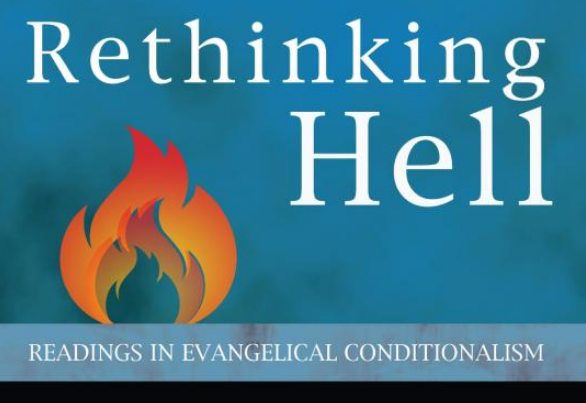John Frye, our friend up in Grand Rapids, is working his way through my Sermon on the Mount and I look forward each week to his post about what he’s seeing and how he’s responding. Over to John… The New Moses and the New People Scot McKnight instructs us to begin reading the Sermon on the Mount at its end. We will consider chapter one and chapter two of McKnight’s SGBC: The Sermon on the Mount. It’s vital to set the... Read more
















